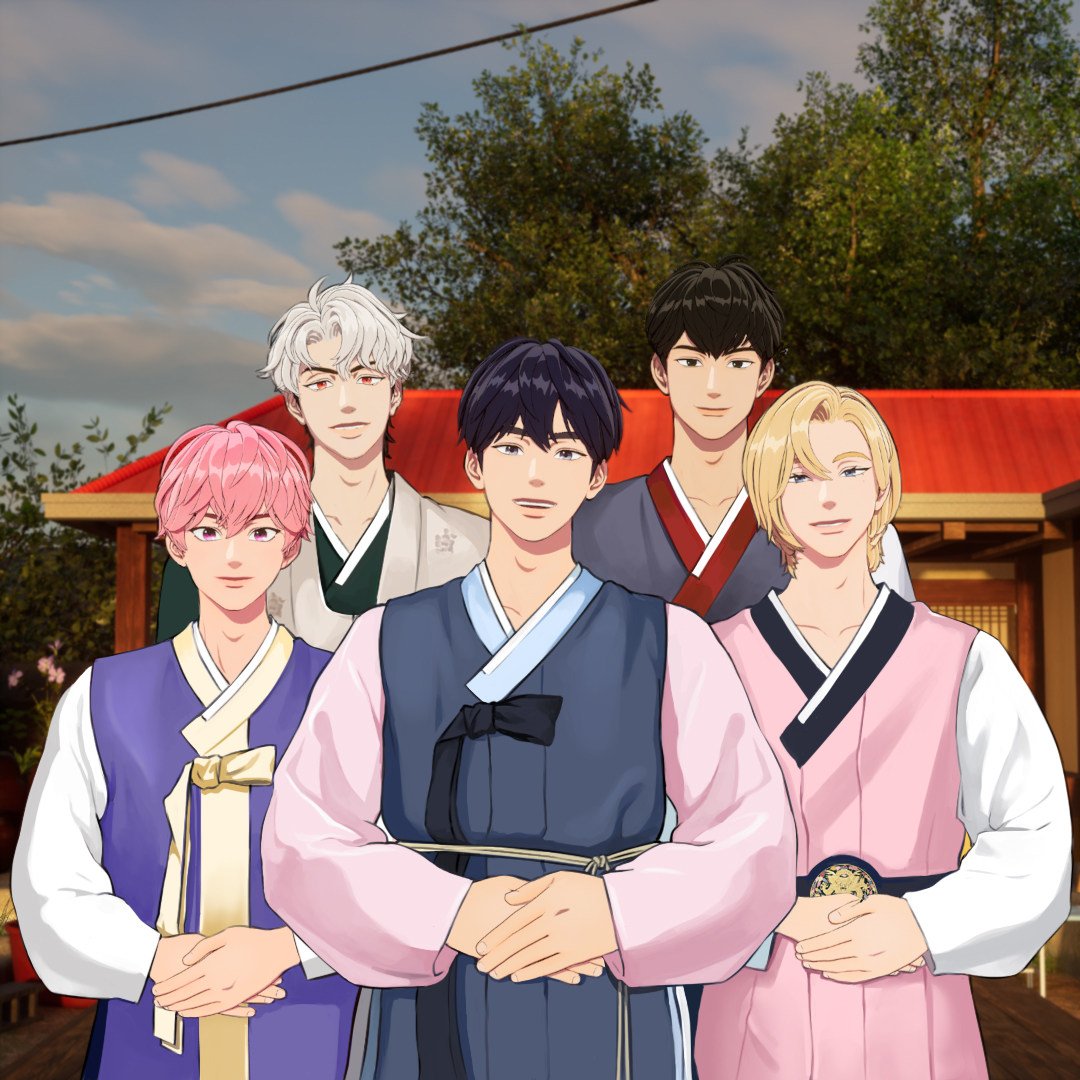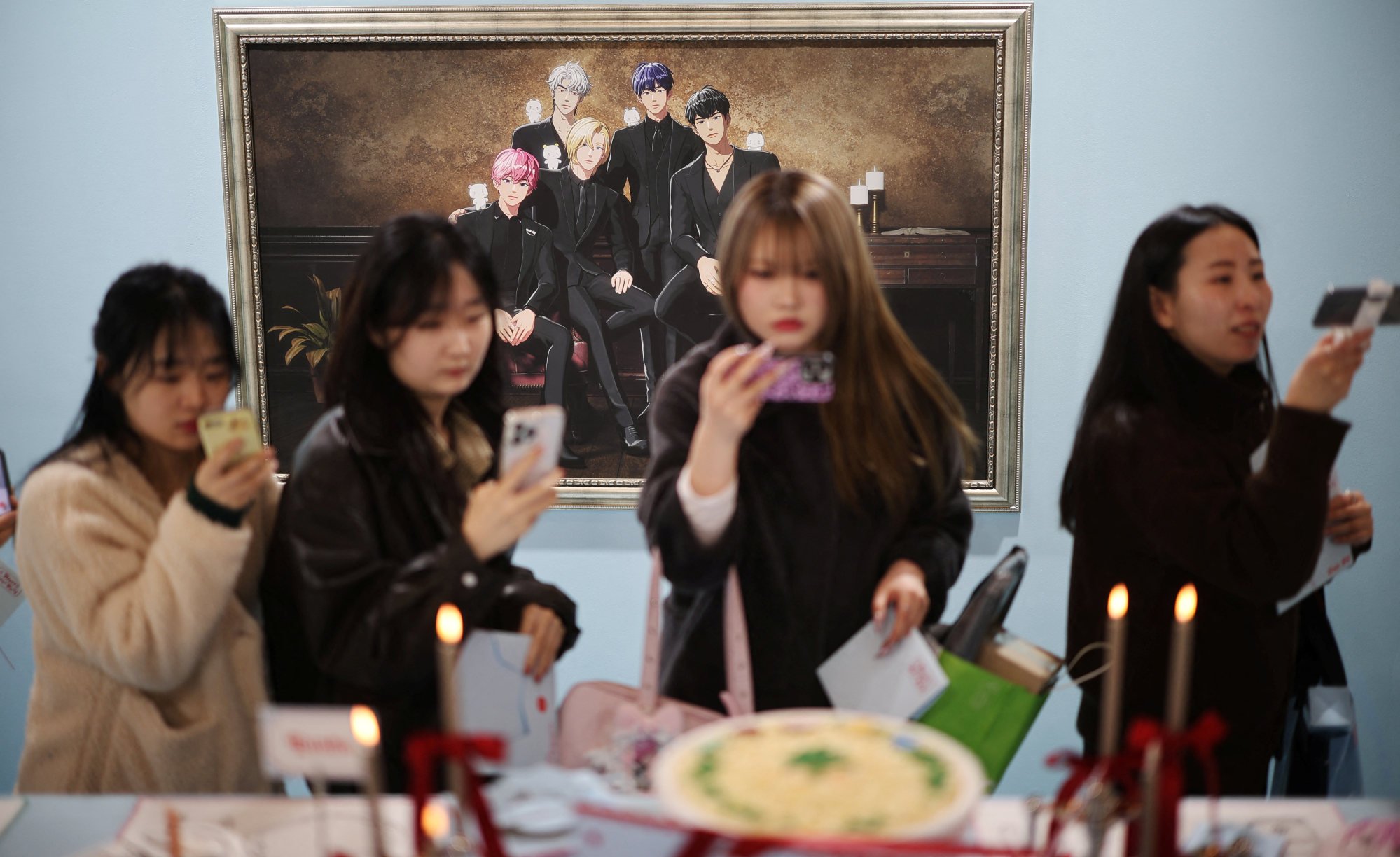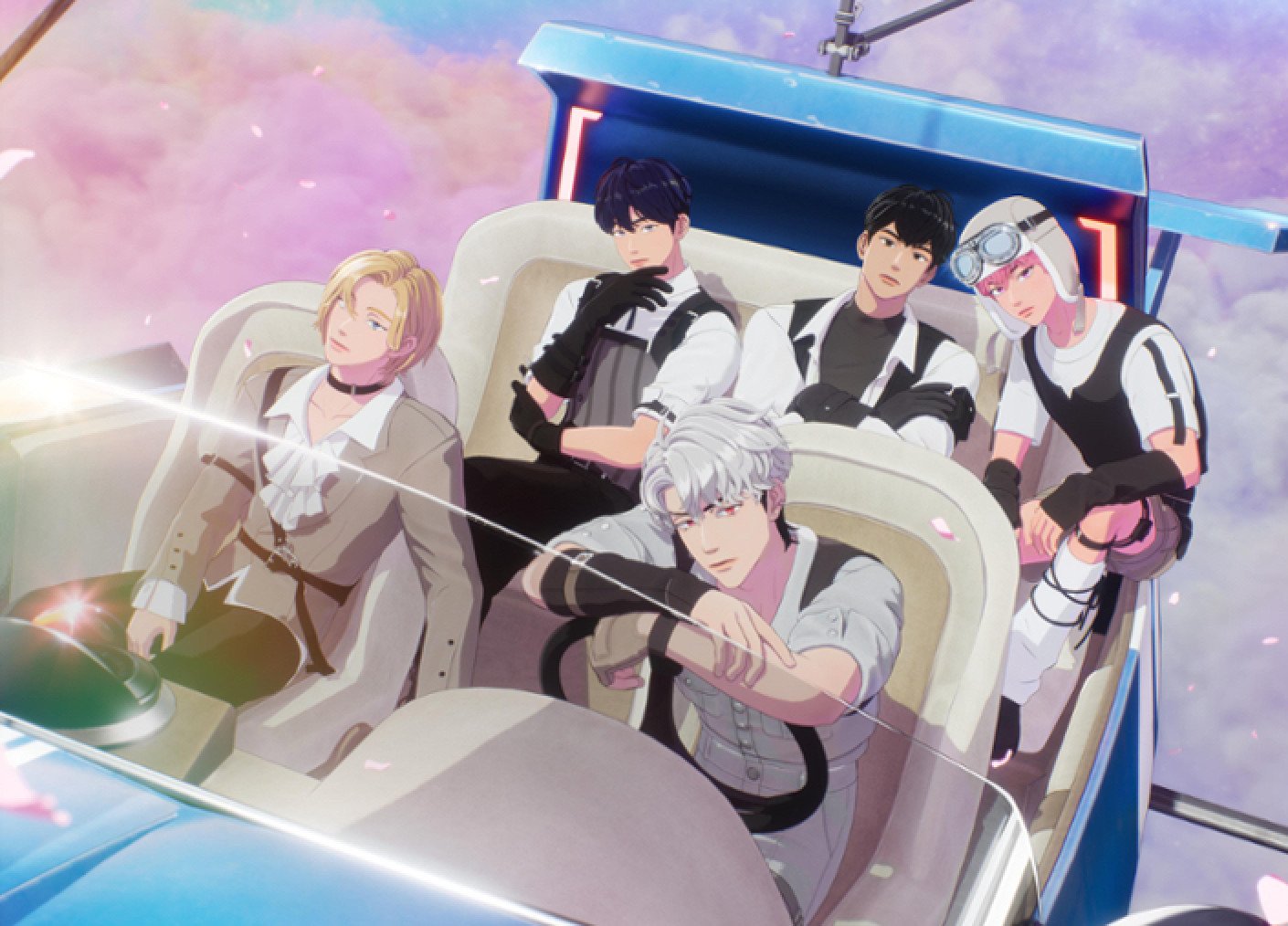Avatars are people too, South Korea court rules in Plave libel case
Avatars of the virtual K-pop group gain legal protection, marking a shift in recognising digital personas as extensions of human identity

A recent court decision involving defamation against a virtual K-pop group is prompting fresh legal debate in South Korea over the rights of digital personas – with analysts describing it as a significant shift in how the law defines harm, identity and expression in the age of the metaverse.
The case centred on Plave, a five-member boy band whose anime-style avatars exist solely in the virtual realm, but are voiced and animated by real-life performers using motion-capture technology.
Despite their stylised appearance, the court found that online insults directed at the avatars amounted to defamation of the humans behind them – a view legal scholars say reflects a growing recognition of avatars as extensions of individual identity.
“Considering that in today’s metaverse era an avatar is not a simple virtual image but a means of self-expression, identity and social communication, defamation against an avatar can constitute an infringement on the actual user’s external honour,” wrote Judge Jang Yoo-jin in the May 14 ruling, which ordered the defendant to pay damages to each of the five performers.
Rather than marking the close of a dispute, the verdict is widely seen as the start of a broader legal reckoning over how societies define harm – and personhood – in virtual spaces.

The dispute began last July, when a social media user posted a series of mocking videos and derogatory comments targeting Plave, describing them as “ugly” and ridiculing their performances. Some posts included profanity.
Although the user later deleted the account, Plave’s agency, Vlast, filed a civil suit seeking damages.
The court sided with the group, finding that the remarks – although technically aimed at avatars – were clearly intended to injure the reputations of the known performers behind them. Each member was awarded 100,000 won (US$73) in compensation, a fraction of the 6.5 million won sought, but enough to establish a new legal pattern. Vlast is appealing the amount.
“This sets a precedent that defamation against an avatar can be seen as defamation against the performer,” said Noh Hyun-bo, chief legal officer of Vlast. He described the ruling as a watershed moment for South Korea’s rapidly growing virtual content industry.
Persona or property?
The judgment has sparked broader discussion about how to classify avatars under existing legal frameworks. Until now, most virtual entertainers were treated as intellectual property – assets developed and owned by entertainment companies. But the line between digital asset and human persona is becoming harder to draw.
“Until now, virtual idols were protected mainly as IPs,” said Im Sung-soon, a lawyer at Seoul-based law firm Hoam. “But as their popularity has grown, the conversation has shifted towards recognising their performance identity.”
What makes this case especially notable is that the defendant also faces a separate criminal defamation charge, a signal, Im said, that the legal system was beginning to view virtual personas as individuals worthy of protection.
“Before, it was hard to punish people for defaming avatars because they were considered by judges and the legal community as mere digital images,” he said. “But if we stay stuck in that framework, people who are genuinely hurt will continue to be overlooked.”
The court’s conclusion that Plave’s performers were easily identifiable – and thus personally harmed – indicates a shift in how digital presence is linked to legal accountability.
Digital clone dilemma
Analysts say the verdict is significant not only because it recognises reputational harm, but also because it challenges assumptions about who – or what – can be harmed in virtual environments.
“The court’s recognition of personal rights violations, based on the idea that avatars are the performers’ digital clones, shows their duality as both persona and property,” said Chung Chee-hae, a political-science researcher at Purdue University.
“The avatar’s appearance, concept and world are all designed and copyrighted by the company. However, it is the performer’s individual performance and identity that breathe life into the character … Therefore, the issue is how to bridge that gap.”

According to Chung, this is the first ruling in South Korea to treat harm against a virtual figure as an attack on a real person’s dignity. “The ruling is important as it shows – for the first time – that avatars in digital spaces can be protected as a legal entity that is connected to a human in the real world.”
While countries like Japan have issued similar rulings involving VTubers, South Korea’s verdict could carry wider implications because of its government’s broader digital agenda. Former president Yoon Suk-yeol’s administration had unveiled a “Digital Bill of Rights” which pledged to protect dignity and expression even in virtual environments.
But Chung warned that South Korea’s legal system still lacked definitions and doctrine around avatars, AI identities or hybrid personas. “If avatars are granted personal rights, even parody, satire or expressive conflict between users could one day be considered a violation of rights, and there is no social consensus.”
Rights in a blended world
The Plave case has opened the door to deeper debate over how rights, responsibilities and expression should function in virtual spaces.
“It’s difficult to say at this point that avatars have full legal personhood,” said Chung. “But the court has taken the first step in acknowledging that they are extensions of real people.”
She believes the case will prompt further legal debate – particularly around whether avatars should eventually be granted independent rights or responsibilities.
“The core takeaway here is that the legal status of avatars is beginning to be protected as an extension of human rights,” she said. “In a metaverse era where the real and the virtual increasingly blend, this ruling lays the groundwork for how the rights and duties of digital beings will be structured.”
South Korea may be leading the legal conversation for now – but the global implications and discourse have only just begun, according to Chung.